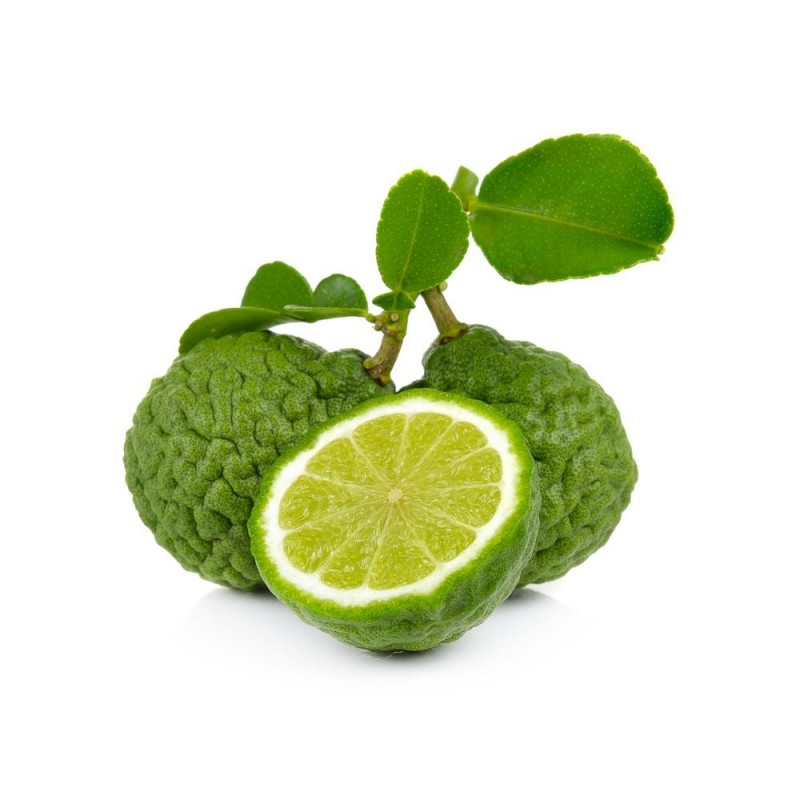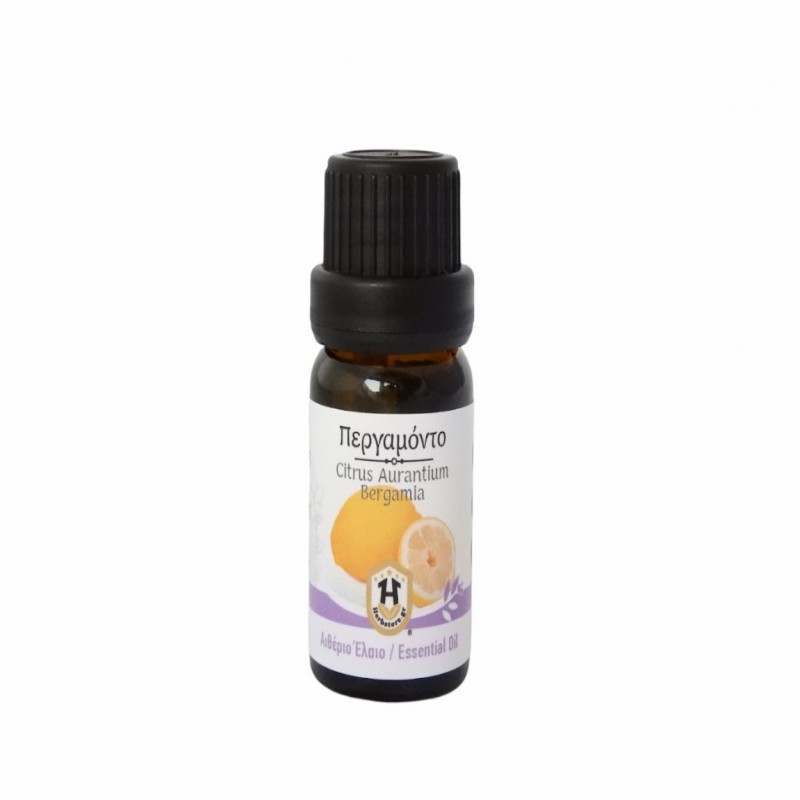Packaging: 10ml (or 50ml, 100ml & 500ml) containing 100% Bergamot Essential Oil
(The price includes VAT.)
Bergamot (Citrus Bergamia) is a small citrus tree native to Asia, primarily cultivated in Southern France and Southern Italy. Its name derives from the Turkish word "begarmudu," meaning "the prince's pear." In Europe, it has been known since the 16th century, where it was used as a fragrant and refreshing scent.
The essential oil of bergamot is obtained through cold pressing of the raw peel of the fruit. It has a yellowish to brownish-green color and a pleasant, fresh aroma dominated by sweet, lemony, and refreshing notes.
The bergamot essential oil from herbstore.gr is an exceptional product with various therapeutic properties. It is highly recommended for treating urinary tract infections (cystitis, urinary tract infections), as it acts as a powerful disinfectant. Its antiseptic properties make it particularly useful for ulcers, eczema, herpes, and psoriasis, while it effectively aids in healing cuts and bruises. Additionally, it helps regulate appetite and is especially beneficial for those recovering from illness or on a diet, particularly for oily and acne-prone skin.
On a psychological level, it alleviates emotional tension, stress, and anxiety, uplifting mood and providing optimism and strength. Its antidepressant properties make it helpful for managing emotional fluctuations.
Try the following "recipes" with bergamot essential oil:
For reducing irritation and pressure from daily life: Mix equal parts bergamot, chamomile, and orange essential oils.
To combat negative emotions and feelings of despair: Blend 3 parts bergamot essential oil with 2 parts orange and 1 part neroli.
If you feel nervous and irritable: Combine 3 parts lavender essential oil with 2 parts neroli and 1 part bergamot.
Caution: Do not use during pregnancy. Risk of photosensitivity. Avoid exposure to sunlight after use.
Bergamot blends well with: Geranium, Lavender, Neroli, Cedar, Lemon, Cypress, Sandalwood.
INCI Name: Citrus Bergamia
Origin: Greece, Aetolia-Acarnania region (cultivated)







